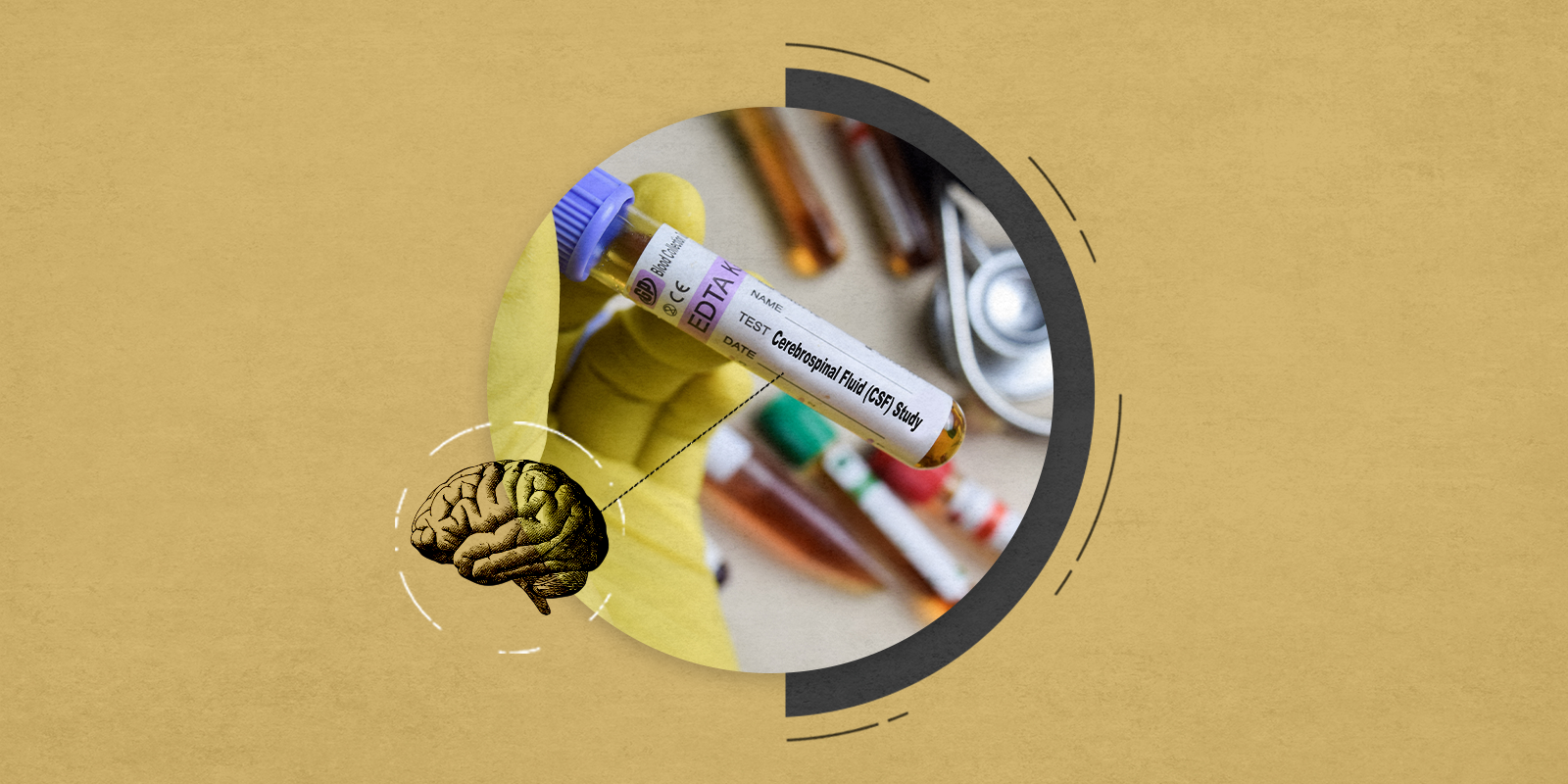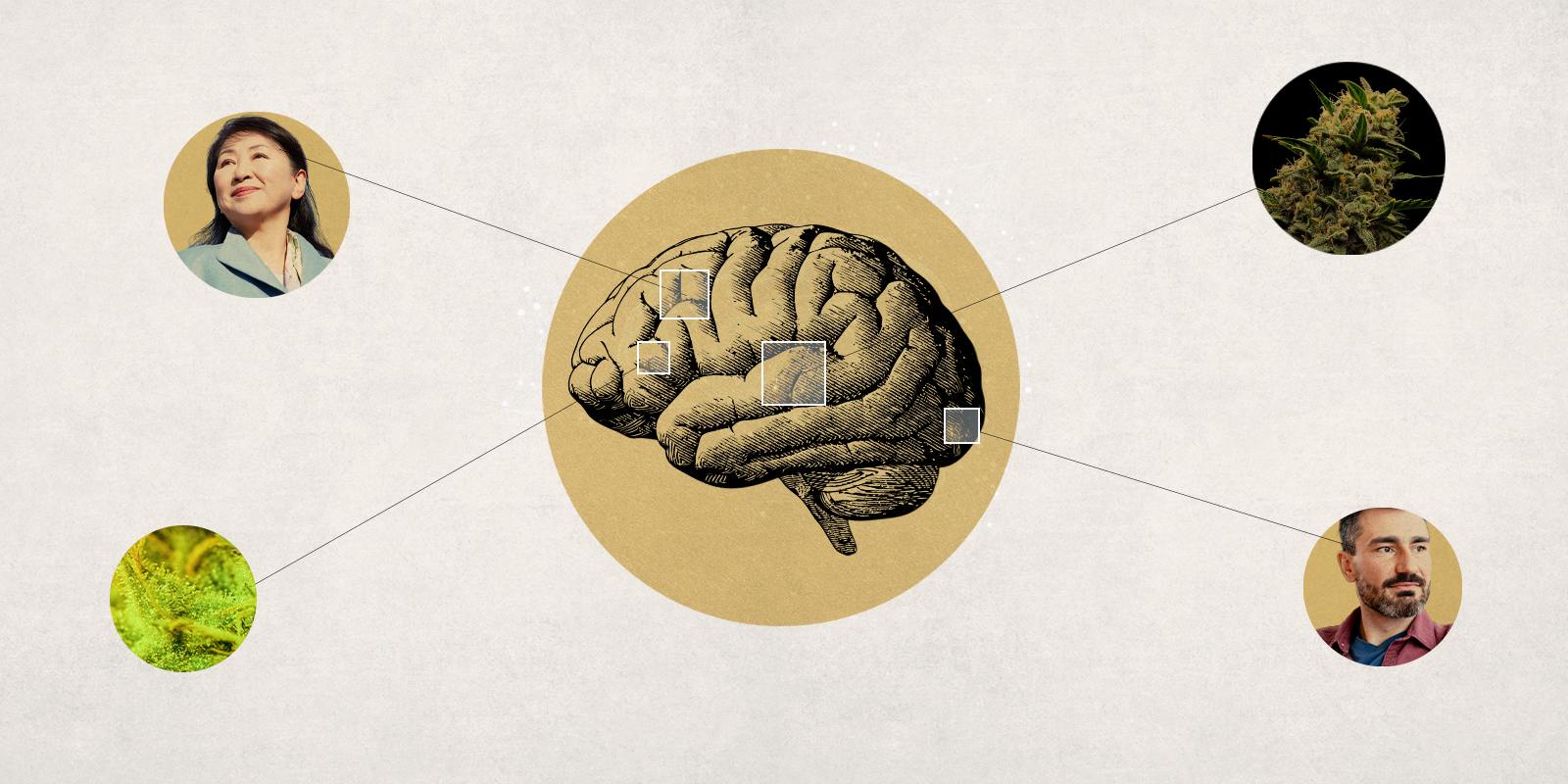What is kratom?
Kratom is the name for the powdered leaves of an Indonesian tree from the coffee family that produces a few chemicals that behave like opioid pain relievers. It’s sold as a dietary supplement, because of how we regulate herbal medicines in the United States, but the FDA holds that kratom does not meet the definition of a dietary supplement. Kratom is usually in a powdered form consumed in a tea, but you can also find it in capsules or as an extracted liquid in ‘shot’ form.
The active constituents in the plant have the ability to behave similarly to some of our milder opioid drugs. As a result, kratom is used by herbal consumers for many of the same things that you would find them using opioids for.
What class of drug is it closest to?
It behaves most similarly to the opioid maintenance medication buprenorphine. It is not as strong as things like morphine or oxycodone. It's what we call in pharmacology a partial agonist. This means that its maximal effect is less than that of which strong opioids can stimulate.
The two main chemicals in it are believed to be safer than the strong opioids, because of how they stimulate the opioid receptor. However, opioids traditionally have been linked with the tendency for respiratory depression. Building on research into opioid-biased ligand work at Scripps, a group at Columbia University found that kratom compounds were less likely to cause respiratory depression – as they go more toward the G-protein-coupled pathway.
Opioids are notorious for their addictive qualities. How does kratom compare?
Yeah, so far, it sounds great, right? But the first drawback is that these compounds are not devoid of addictive potential. Again, they don't cause as much physical and psychological dependence as strong opioids like morphine, heroin, fentanyl, oxycodone, but they still cause some. As a result, people can become physically dependent on kratom.
Given its unique position in the United States as an herbal medicine, could dosage be another drawback?
Yes. Ultimately in terms of dosage, the second drawback is that kratom is a ground-up powder of dried leaves off of a tree.
The kratom-consuming community talks about starting with roughly three and a half grams of kratom powder per day and making a tea out of it. However, like any plant, kratom can vary in the amount of the active chemicals that it makes. Kratom is not sold as a standardized dose, but as a raw, herbal powder – like echinacea or ashwagandha.
As a result, there's a ‘guesstimate’ as to what dose is best. It varies based on the supplier. It varies based on the subtypes of the tree – red kratom, green kratom, that kind of thing.
You can't always rely on certificates of analysis provided by the manufacturers or the sellers, because there's no good manufacturing practices or third-party analyses that are conducted on kratom.
What is the current state of safety research into kratom given that uncertainty?
In an ideal world, I would prefer that people have access to buprenorphine-maintenance medication to get off of strong prescription opioids. With buprenorphine, you know the dose, it's well-characterized clinically – I did my first undergraduate research project on it in 1983! – and we know there are very positive outcomes for people. Unfortunately, a lot of folks live in places where they can't access care, they don't have insurance coverage or they are in a sort of opioid medical desert where physicians don't want to prescribe opioids.
In terms of safety, I don't think there's been any prospect of a safety study comparing kratom to buprenorphine or methadone. For one, it’s a liability issue as with kratom’s opioid profile – there's no incentive from a company who's trying to get it approved to support such studies. A lot of what we know about the safety of kratom comes from inferences from receptor binding and from basic science studies.
My additional concern is for kratom to interact negatively with other prescription drugs. Colleagues at Washington State University and the University of North Carolina at Greensboro recently published a paper on the ability of kratom compounds to block drug metabolizing enzymes in the lining of the intestine. What that means is kratom might possibly prolong the action of some drugs taken orally.
It's an unfortunate situation that if people can't turn to our healthcare system for management of their pain, that there also aren’t more comprehensive studies out there.
Has there been any research in terms of long-term use of kratom?
That's probably even more scarce. In fact, I would say that a lot of what the U.S. Food and Drug Administration and Drug Enforcement Administration have come across – in trying to either schedule kratom or otherwise outlaw it as an unapproved drug – are generated from patient reports of dependence and some cases of fatalities where kratom is among the compounds that are found in post-mortem fluids in the deceased from other drugs.
Is there a risk of other items being added during production?
Yeah, adulteration is a problem with any herbal product that's not manufactured under good manufacturing practices with third-party lab inspections.
There have been reports of kratom being spiked with fentanyl, which makes it even more dangerous. But even just kratom by itself, if you use it together with high doses of alcohol, you can be in some serious trouble – just like any other opioid.
In terms of growing as well, kratom is a bioremediating – like most plants – and can suck cations out of the soil. In some cases that means heavy metals make it into the plant. I've also had readers send me pictures from Indonesia of how the trees are just outside of people's houses. The leaves are knocked off and placed on a big tarp and then dried in the sun. Since it’s not a dedicated agricultural production space, there are chickens walking all over the plants. The Centers for Disease Control and Prevention had a report in 2018 of Salmonella contamination of kratom from that exact scenario.
What advice would you have for consumers researching kratom on their own?
It is the hardest thing, because I would prefer that everybody had adequate healthcare to get the medicines that they needed for their health conditions. If they have intractable pain, I'd love to see them get the proper drugs – not necessarily opioids, but other neurological agents like gabapentin or pregabalin. What we're doing is we're making harm reduction suggestions in the context of the U.S. not having universal single-payer healthcare. There are a lot of folks who have no choice but to buy kratom to relieve their suffering.
That said, a few things on someone interested in kratom:
First: I would encourage them to read up on companies that are at least wholesalers that have a good reputation amongst kratom users. I think Reddit has the best crowdsourcing on kratom. Colleagues of mine who've tested kratom will go to the Kratom Subreddit to find out which current wholesaler is supplying good-quality kratom that's not contaminated with metals, that's not adulterated with other opioids.
Second: I'm not a physician, I'm just a lab scientist, but if a family member were asking me about kratom, I would say: Be very careful with the doses. There are some sources in the scientific literature that suggest starting with three, three and a half grams of powder per day in a tea. Realize that this is a medicine and that even if you feel beneficial effects, it has the ability to cause long-term dependence. It's not oxycodone, but it's not aspirin either. It's hard to tell advocates of kratom that. I do worry about people using any opioid, because a lot of people don't use them safely.





